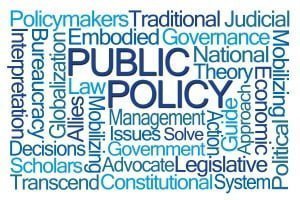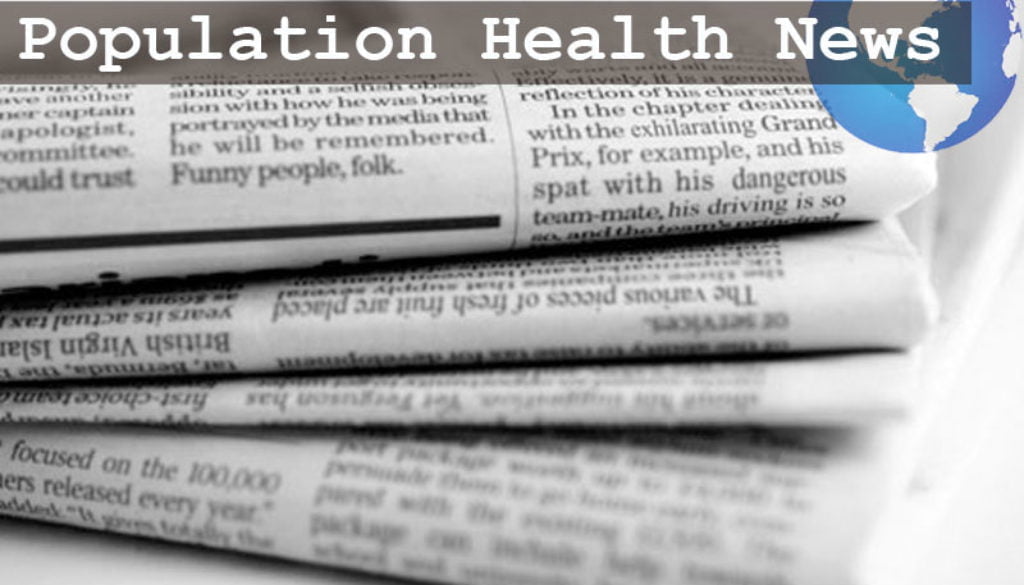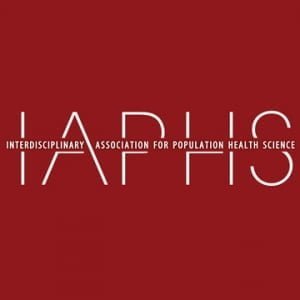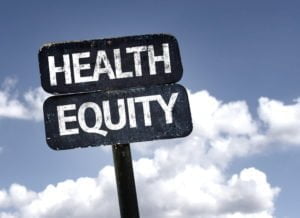Population Health News Roundup: February 2022
JoAnne DyerIAPHS Members Making News
Sandro Galea in Preventive Medicine: Contested racial identity is linked to low prenatal care initiation and high smoking prevalence, suggesting that racism impacts infant and maternal health in the U.S. (February 2022)
Rita Hamad in a commentary for the National Academy of Medicine: Changes to U.S. policy helped families during the pandemic; changes such as paid leave and the Child Tax Credit should be made permanent. (February 7, 2022)
Elizabeth Wrigley-Field presented to the Center for Statistics and the Social Sciences on “uniformly small racial disparities during the 1918 pandemic and potential explanations” on February 9, 2022.
Shannon Monnat in MMWR: In 2021, working adults in rural and small/medium urban counties reported worse physical health than did residents of large urban counties. (February 4, 2022)
Roland J. Thorpe presented “Brain Health, AD/ADRDs & Health Disparities in Black Men” at the Black Men’s Brain Health Conference February 9-10, 2022 in Los Angeles.
Marino Bruce in the International journal of Environmental Research and Public Health: “Food insecurity is associated with co-occurring depression and cardiometabolic disease and may have implications for disease management.” (February 1, 2022)
Health Disparities
Washington State tribes are experiencing a disproportional rate of food insecurity: COVID-19 has exacerbated longstanding food security challenges experienced by indigenous tribes. (University of Washington DEOHS, January 24, 2022)
Where’s the data on Middle Eastern people in America?: Lack of data on Arab, Middle Eastern, and North African people is a barrier to understanding health disparities in Arab/MENA populations. (AJPH, February 1, 2022)
Call to disaggregate Asian American and Pacific Islander data: Despite comprising more than 50 ethnicities, AAPI populations are lumped into one category and “treated as a monolith.” Author Kevin H Nguyen explains how disaggregating AAPI data can improve health disparities. (Milbank Memorial Fund Blog, February 16, 2022)
Policy & Programs
 Black Americans less likely to use hospice, but help is coming: A program in Tennessee seeks to improve the use of hospice by Black communities in Tennessee. (Kaiser Health News, January 10, 2022)
Black Americans less likely to use hospice, but help is coming: A program in Tennessee seeks to improve the use of hospice by Black communities in Tennessee. (Kaiser Health News, January 10, 2022)
Legislation introduced to create a National Disaster Safety Board: To better support people after natural disasters and to reduce racial and wealth disparities, the NDSB would investigate causes of death, recommend solutions, and work with local and state officials. (San Jose Mercury News, February 1, 2021)
New program seeks to address health disparities for multiple chronic diseases: The COMMUNITY Center is a collaborative program formed to help populations across the New York City region. (Weill Cornell Medicine Newsroom, February 11, 2022)
Child Tax Credit improves health and other outcomes for kids: Elaine Magg gives an overview of the 2021 Child Tax Credit and how it can improve children’s health. In 2021, the credit could be paid monthly rather than annually, which was correlated with reductions in food insecurity and less income volatility. (HealthAffairs, February 10, 2022)
Environmental Health & Justice
Funds headed to states help with cleanup of old oil & gas wells: Orphaned oil & gas wells–as many as 3.11 million–are an environmental risk: pollution, explosions, fires, and methane emissions have occurred. The Department of the Interior is sending $1.5 billion to help. (National Resources Defense Council, February 2, 2022)
Climate change is changing our health: Warmer temps, and wildfire smoke and other air pollution are linked to a number of health effects, including premature birth, rapid weight gain in the first year of life, increased hospital admissions, and more. Lower income communities and people of color often suffer the worst effects. (The Guardian, January 15, 2022, citing a special issue of Pediatric and Perinatal Epidemiology.)
Built Environments & Place
 Lower access to fast food and greater access to grocery stores are linked to healthy eating: The “largest nationwide study to date” shows relationships between food environments, demographics, and dietary health. A smartphone journaling app was used to gather data. (University of Washington Allen School News, January 18, 2022)
Lower access to fast food and greater access to grocery stores are linked to healthy eating: The “largest nationwide study to date” shows relationships between food environments, demographics, and dietary health. A smartphone journaling app was used to gather data. (University of Washington Allen School News, January 18, 2022)
On Chicago’s Southeast Side, residents aim to block a pollution-generating scrap shredder: The already-industrialized neighborhood seeks the repeal of a permit for a scrap shredder that residents say will increase air pollution. (Chicago Tribune, February 16, 2022)
Car accident deaths on the rise, but a new book claims it’s no accident: Governments could mitigate harm from accidents like car crashes, which disproportionately affect people by race and income. (Bloomberg CityLab, February 5, 2022)









All comments will be reviewed and posted if substantive and of general interest to IAPHS readers.